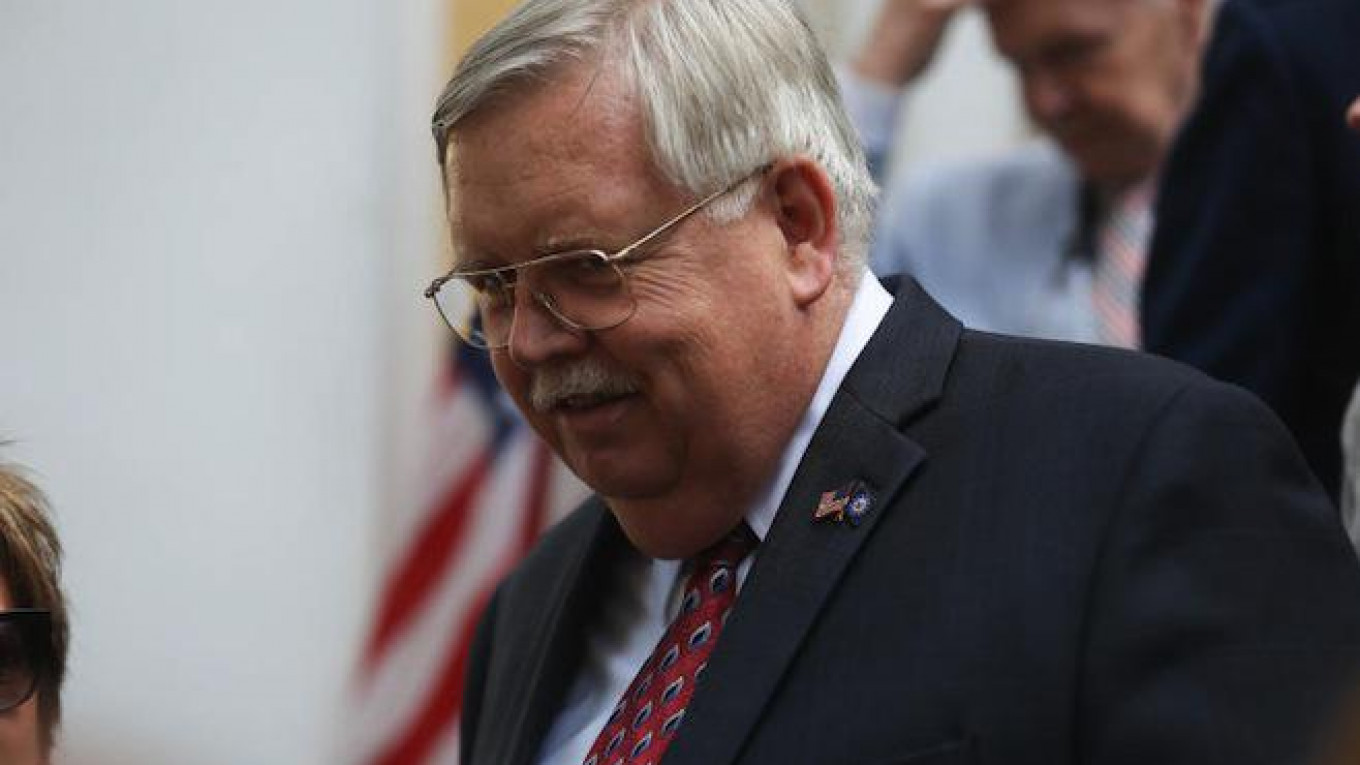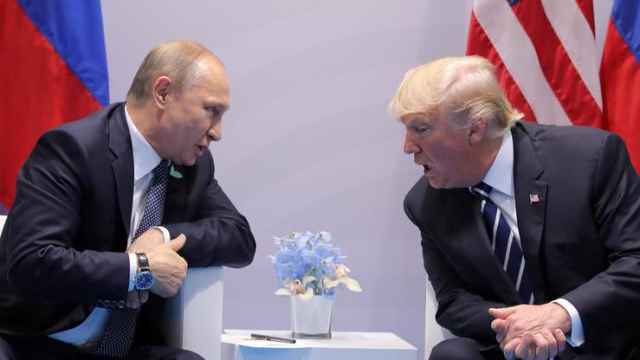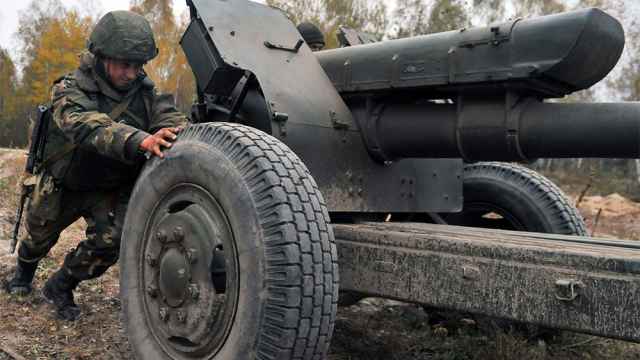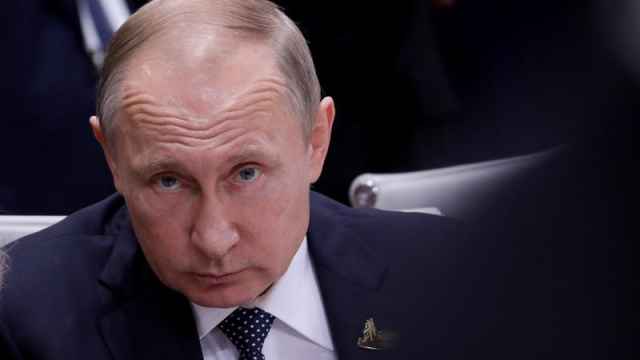When I first joined the diplomatic service, working on the Soviet desk in the 1980s, our relationship with Russia was at a low point. The Soviet Union had just shot down a Korean Airliner, with almost 100 Americans including a Congressman on board. There was a lot of anger in America.
Today, as I prepare to leave Russia, our relationship has reached another low point. Americans are concerned and angry about Russian interference in our elections and by the Russian authorities’ refusal to accept their responsibility for it.
As Secretary Tillerson said, we need to rebuild trust between our two countries and move our relationship to a different place. The American people want the two most powerful nuclear nations in the world to have a better relationship. From the earliest days of this Administration we have said time and again that we would prefer a constructive relationship with Russia based on cooperation on common interests. We remain prepared to try to find a way forward.
Serving the American community is at the heart of the work of the U.S. Mission in Russia, and it will continue to be a main priority moving forward. The U.S. Embassy and our Consulates General throughout Russia first and foremost are here to provide services to the Americans living, working, and traveling in Russia. During my time here, I have seen what Americans can do in Russia to bring our countries together on a people-to-people, business-to-business, scholar-to-scholar, performer-to-performer level. This gives me hope, even during these difficult times.
With the help of our Foreign Commercial Service and Foreign Agricultural Service, U.S. and Russian businesses receive assistance developing and expanding new relationships and introducing innovative technologies. This increases trade and investment and strengthens ties between our two countries. I have seen how cattle ranchers from the United States and Russia work together to produce high quality beef for the Russian market and how American-trained managers bring productivity and streamlined processing into Russian businesses to help make them more profitable and more successful.
I am particularly proud of the positive influence U.S. companies have had on the Russian business culture. When I contrast the present business culture with what I witnessed here in the 1990s, I notice tremendous progress in the areas of transparency, business ethics, and corporate social responsibility.
U.S. companies have led by example on corporate social responsibility. One major soft drinks manufacturer has partnered with governmental and non-governmental organizations to preserve and protect important watersheds; an oil and gas corporation has provided over $250 million to support infrastructure and community projects in Sakhalin and Khabarovsk Krai; and a paper and pulp producer supports social programs in Svetogorsk. These are just a few of the many examples of the benefits of the presence of U.S. companies here in Russia. I have also been very impressed with Russia’s talented business leaders, including women, many of whom rose from entry-level positions at U.S. companies to the highest ranks of leadership.
As I look back over my time here in Russia, I am struck by the richness of Russian culture and history. I will look back fondly on my travels to places like Tikhvin, where I had the pleasure of visiting Rimsky-Korsakov’s childhood home and seeing the piano on which so many amazing and talented Russian composers played and composed their works. I will particularly remember my annual visits to events such as the pop-culture and entertainment conference Comic-Con, my travels throughout the country to visit American businesses and partnerships, and all of the opportunities I have to meet with many creative, intelligent young Russians who are inspired by the possibilities of what we can do when we work together.
We will continue to stand up for our interests while looking for avenues of dialogue. We remain dedicated to finding ways to bring together Russians and Americans both to discuss our differences and to discover the many things we have in common. Having seen how we weathered the storm in the 1980s and the dedication of our staff of talented professionals in the State Department back home and here in Mission Russia, I remain optimistic that our governments will ultimately find a way forward. On our side, we’re certainly ready.
John F. Tefft is former U.S. Ambassador to Russia.
The views and opinions expressed in opinion pieces do not necessarily reflect the position of The Moscow Times.
A Message from The Moscow Times:
Dear readers,
We are facing unprecedented challenges. Russia's Prosecutor General's Office has designated The Moscow Times as an "undesirable" organization, criminalizing our work and putting our staff at risk of prosecution. This follows our earlier unjust labeling as a "foreign agent."
These actions are direct attempts to silence independent journalism in Russia. The authorities claim our work "discredits the decisions of the Russian leadership." We see things differently: we strive to provide accurate, unbiased reporting on Russia.
We, the journalists of The Moscow Times, refuse to be silenced. But to continue our work, we need your help.
Your support, no matter how small, makes a world of difference. If you can, please support us monthly starting from just $2. It's quick to set up, and every contribution makes a significant impact.
By supporting The Moscow Times, you're defending open, independent journalism in the face of repression. Thank you for standing with us.
Remind me later.







